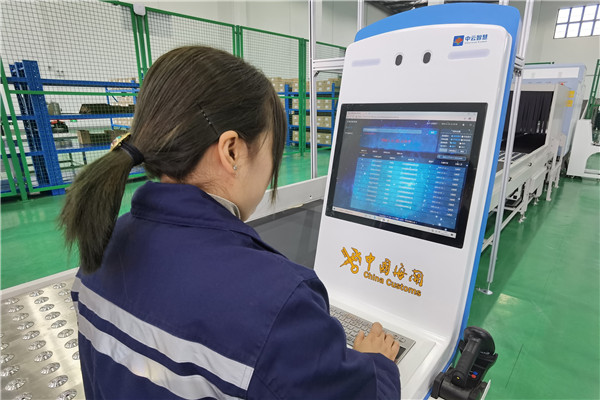
(CFP Photo)
Jiangsu has carried out the use of barcodes for retail imports in cross-border e-commerce at its 15 ports starting February 10, according to Nanjing Customs.
The barcode gives an item a global identity and has been widely used in the international trade of consumer goods including most of the e-commerce retail commodities.
The system helps importers enjoy simplified customs declaration procedures, improve the accuracy and also effectively reduce the inventory cost. It also enhances the transparency of commodities, facilitates traceability and boost consumer’s confidence.
In 2022, China's cross-border e-commerce imports and exports totaled 2.11 trillion yuan, an increase of 9.8%, with imports increasing by 4.9% to 0.56 trillion yuan, according to the General Administration of Customs. As a new form of foreign trade, cross-border e-commerce has shown strong development vitality.




















